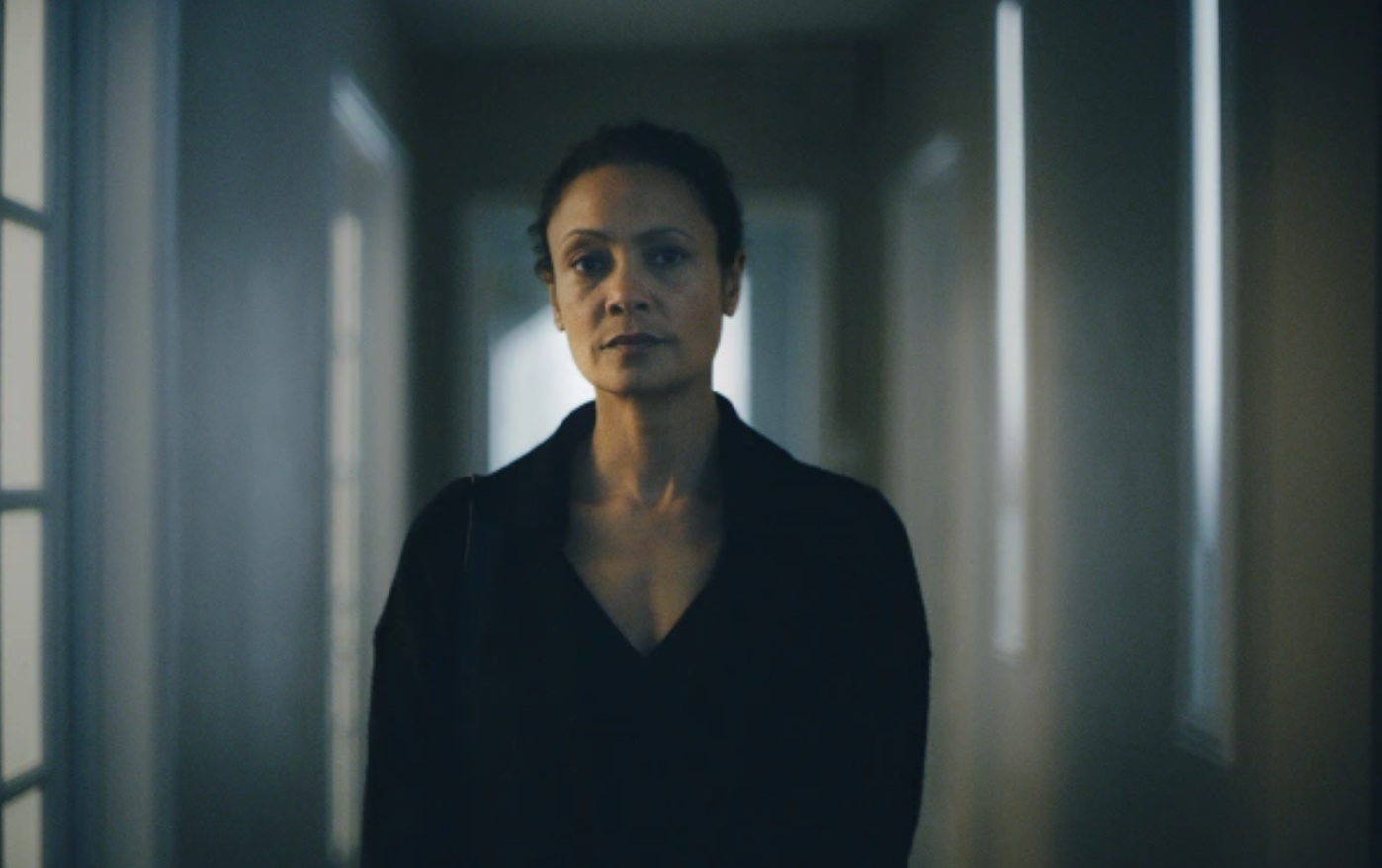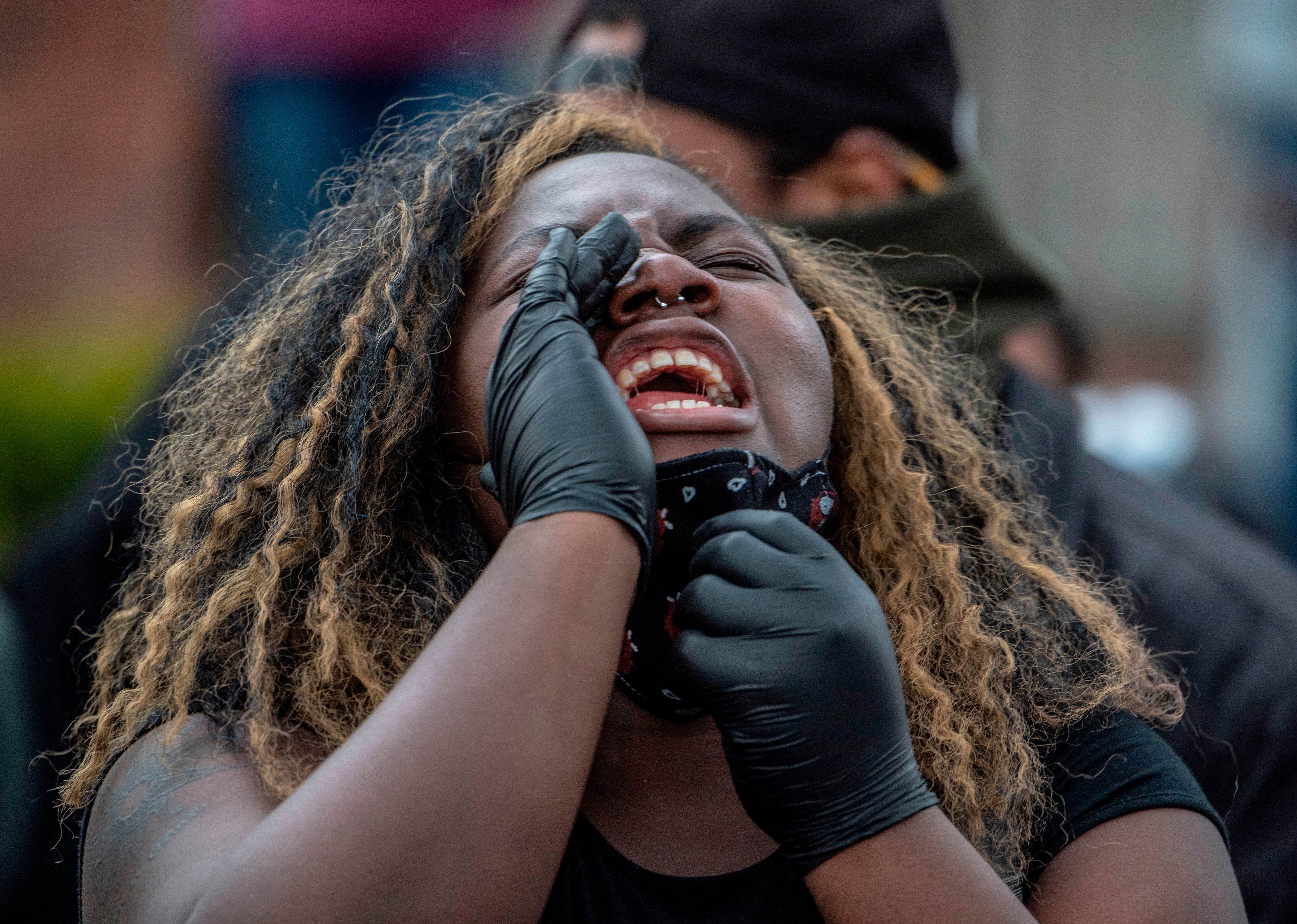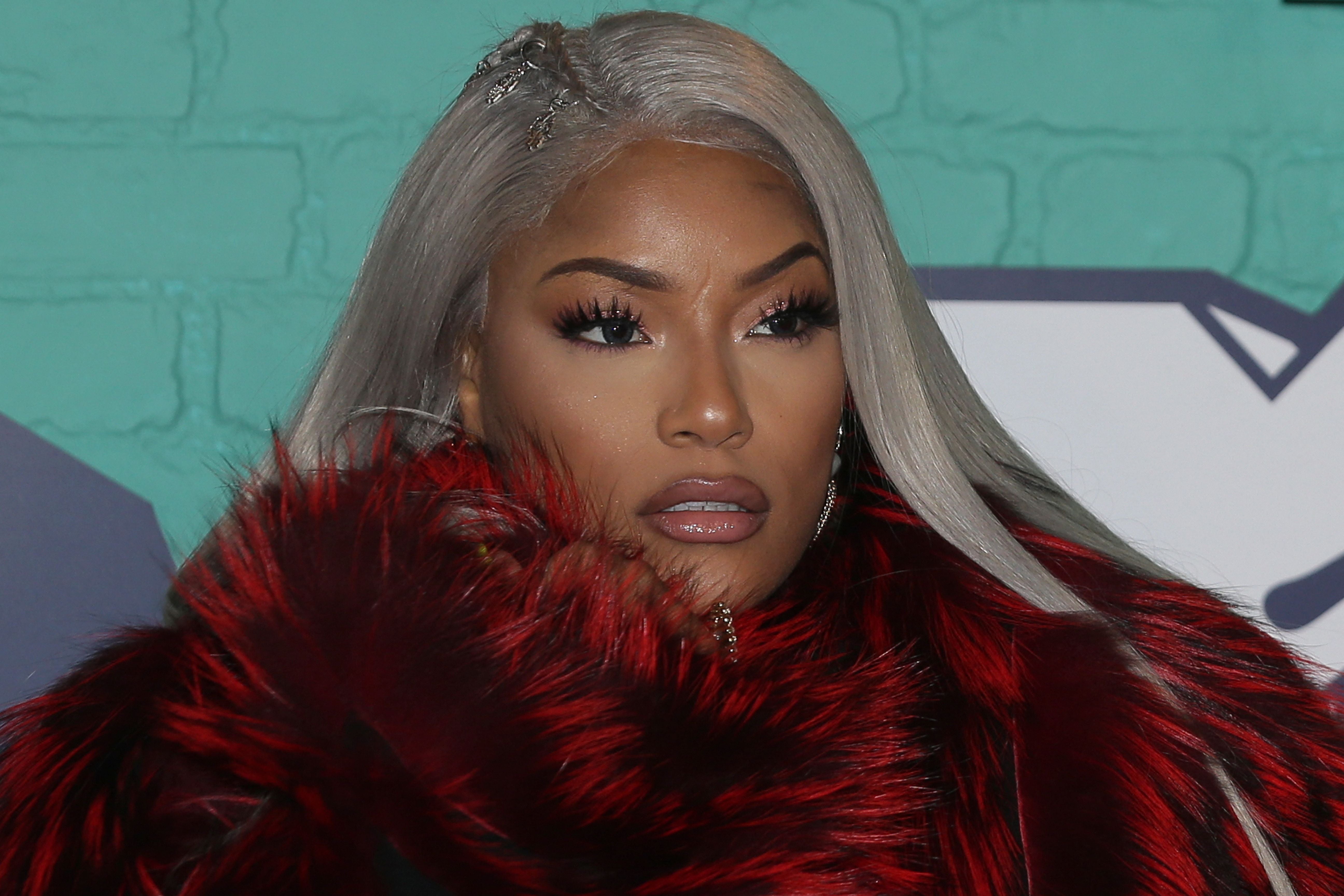Thandiwe Newton’s tearful speech shows we need to tackle colourism
Mixed-race and lighter-skinned Black people often benefit from colourism through their proximity to whiteness

I’ve thought long and hard about this topic. I’ve sat with it for almost a week, since Thandiwe Newton issued a tearful video apologising to “darker-skinned actresses” for not representing them; and, okay. I’ll bite. Mixed-race and lighter-skinned Black people often benefit from colourism through their proximity to whiteness – it is not accidental nor is it stoked by their darker-skinned counterparts’ “prejudice”. Let’s start there.
US actress Lupita Nyong’o aptly described colourism as “the daughter of racism” in a 2019 interview. White supremacy dictates that the lighter your complexion and the more Eurocentric your features, the more desirable you are – as a result, you are afforded more opportunities.
All of this appeared to be lost on Newton, 49, during a promotional interview for her new film God’s Country, in which she simultaneously projected her insecurities onto dark-skinned Black women – specifically African American women – and only just stopped short of collectively vilifying us in the process.
Granted, this was probably unintentional, but.... words mean things.
During an interview with the Associated Press, the BAFTA award-winner said she wanted to apologise to dark-skinned actresses, explaining she felt hesitant to portray her God’s Country character over fears she wasn’t dark-skinned enough for the part – at the same time saying that the part had in fact helped her “overcome internal prejudices”.
However, while apparently apologising to others, the actress ironically managed to centre herself in the process – without displaying much regard for the people who bear the brunt of colourism: dark-skinned Black women.

“I now realise that my internalised prejudice was stopping me from feeling like I could play this role when it’s precisely that prejudice that I’ve received,” she gushed. “It doesn’t matter that it’s from African American women more than anyone else; I received prejudice, anyone who’s received prejudice feels this character, right? And, actually, I love the fact that I overcame that and it was these guys saying ‘you’re the one, you’re the one’.”
So, the actress made it clear that she overcame darker-skinned Black women making her feel bad in order to excel (having already been selected by white filmmakers) and inadvertently accessed a higher purpose. Awkward.
Breaking down in tears, Newton added: “I’ve wanted so desperately to apologise every day to darker-skinned actresses, to say, ‘I’m sorry that I’m the one chosen: my mama looks like you’. It’s been very painful to have women that look like my mum feel like I’m not representing them, that I’m taking from them: taking their men, taking their work, taking their truth.
“My light-skinnedness has been more problematic than being Black. It’s been way more problematic than being Black in my life – literally. I was Black in England, I mean dark-skinned. So then I went to America and I (...) would describe myself as dark-skinned and it was like ‘you’re light-skinned’ – and suddenly I was someone that, y’know, ‘fuck you’ for being light-skinned. I got more prejudice from Black people. I didn’t understand, I literally didn’t understand I thought ‘you’re my brethren what’s happening.’”
Here’s the thing: there’s a difference between speaking your truth and denying your own privileges to suit a narrative that makes you feel comfortable; while shifting blame onto those who don’t deserve it. In my opinion, with this speech, Newton falls squarely into the latter categories – and that’s why it made for uncomfortable viewing.
I tried. I really did try to give Newton the benefit of the doubt, because I respect her work (particular favouritesof mine include For Coloured Girls and The Pursuit of Happyness; and I enjoyed her acting in the more gritty role of DCI Roz Huntley in The Line of Duty which I’ve only just discovered at the insistence of my partner, don’t judge me). Norbit was fun too, and we got to see a different, more candid side of her in director Simon Frederick’s documentary Black Is The New Black.

A Londoner like myself, Newton seems down-to-earth and likeable. And, frankly – knowing what pain is – I understand what it’s like to break down crying at utterly inappropriate moments because my cup is overflowing. That’s trauma, you see, and the broken bits in me resonated with that.
As such, when I first saw the Sky News coverage of the interview, I saw a woman clearly in distress and immediately felt sorry for her, tweeting as much and expressing hope that she’s getting the support that’s obviously needed.
“Pressure can reach any of us at any time,” I cautioned online. This was before I saw an extended version of the conversation carrying the above quotes however which, sadly, gave “main character syndrome/look at me!” energy. Newton came across as patronising in the process.
To be clear: I’m not cancelling Newton. I’m mindful of her humanity; all too often, so called “cancel culture” leaves no room for mistakes which we are all prone to make. And the crying in this interview – plus the re-Africanisation of her name, which recently saw her announce that she’ll be credited “Thandiwe” and not the Anglicised version of “Thandie”, for example – are all indicators that she is a person who is obviously reflecting.
Yet I believe that this latest outburst may have inadvertently served to nullify the scourge of colourism – and lessen its impact on darker-skinned Black women; while also giving rise to the “angry Black woman” trope that is so regularly weaponised against us, used to keep us in our place and police our feelings and legitimate responses to situations.
Mad at universally gorgeous light-skinned women for taking men? Where? And whose men did Thandiwe take while she’s been married to a white man, British film director Oliver Parker, since 1998? Enquiring minds want to know.

Newton was on our TV screens crying half-white woman tears; an act of response to minor threats to privilege. It could be argued that there’s a slippery slope between this sort of behaviour, and so-called “Karens” calling the police on unsuspecting Black people. What makes it even more sad is she probably didn’t intend to come across that way.
I say this as someone who lives with colourism everyday, as a survivor of the early Noughties battle between “lighties” and “Blick” teenagers which swept across UK-based adolescent groups between 2004 and 2013. “Lighty” is a now-archaic colloquial term of reference to light-skinned Black or mixed-race girls, women, boys or men; whereas “Blick” is hyperbolic terminology, a play on the word “Black’” meaning “dark skinned”. It was typically used to describe Black people – like myself – of a particular hue.
If you fell into the former category - “lighty” - then you were celebrated and deemed as desirable; if you were the latter then, well, you were ugly: also known as “butters”, of lower value and people would be quick to tell you about it. That’s what we were up against in the school playgrounds, hun!
To keep up to speed with all the latest opinions and comment sign up to our free weekly Voices Dispatches newsletter by clicking here
The global entertainment business perpetuates the colourism battle; and as one of this country’s foremost actors, it would’ve been useful to hear Newton’s views on what can be done to address this – and how much money (or time) she’s lending to the cause.
After all, turn on the TV in Britain and you’ll see that on-screen diversity is generally better than it was 15 years ago... but most (certainly not all) of the leading presenters of colour are mixed-race. Yet the nation doesn’t seem ready to have that conversation.
Over the years, making colourist remarks at the expense of dark-skinned Black women has been something of a rite of passage for many of our homegrown stars – just ask Stefflon Don, Maya Jama and Andre Gray.
There’s a lot Thandiwe can now continue to learn and reflect on. I’m all for it. With that said, true allyship means first having the humility to recognise how you benefit from colourism – and what you’re going to do to help dismantle it.
Join our commenting forum
Join thought-provoking conversations, follow other Independent readers and see their replies
Comments
Bookmark popover
Removed from bookmarks